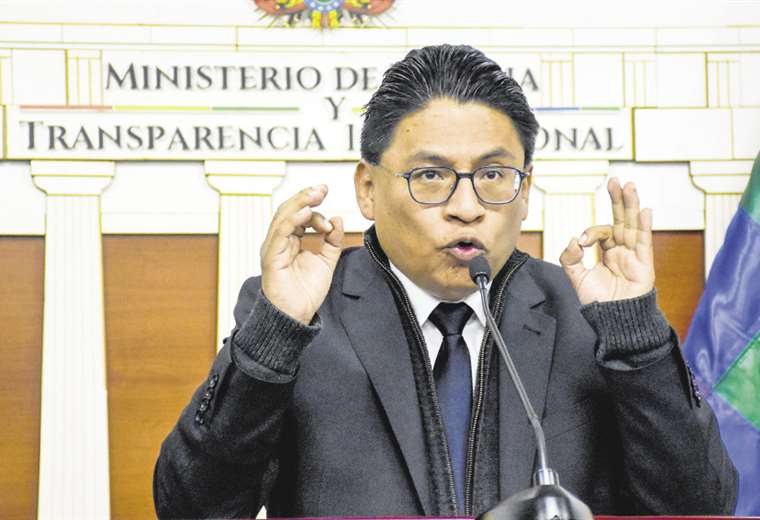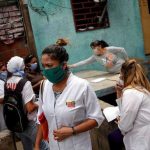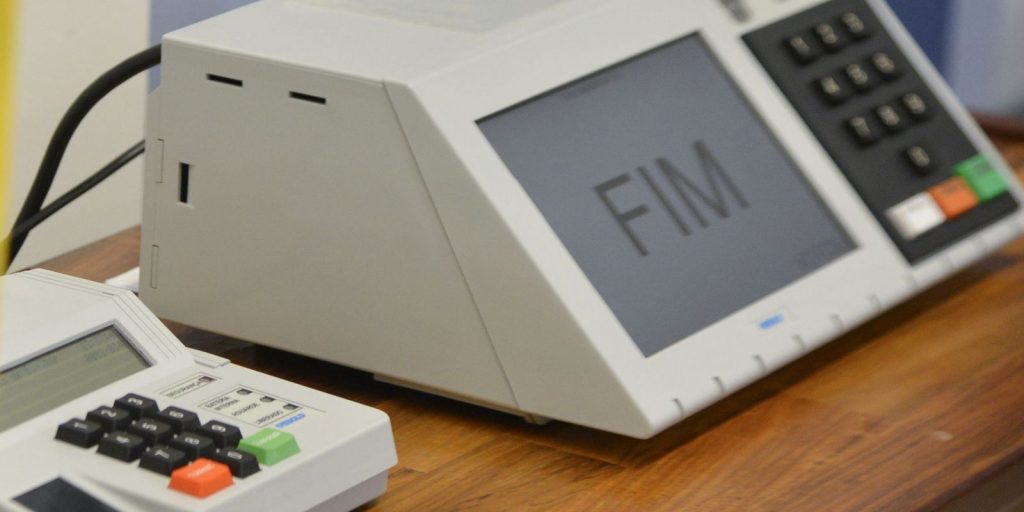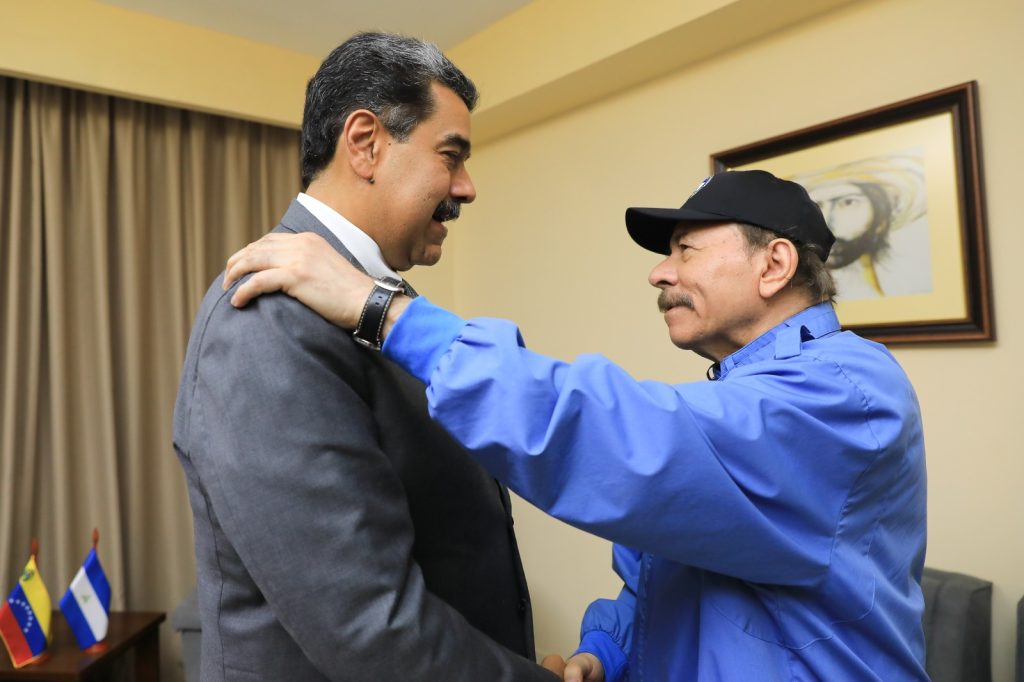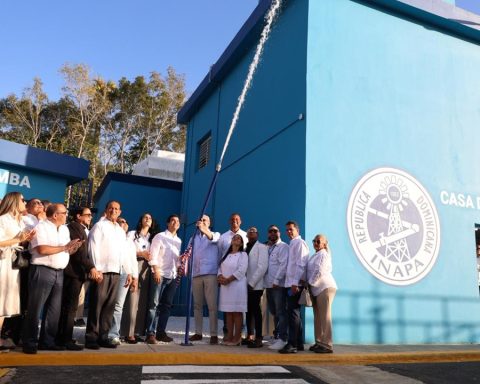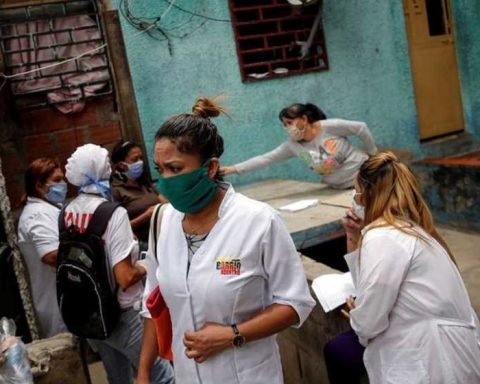August 16, 2024, 4:00 AM
August 16, 2024, 4:00 AM
The questions for the referendum proposed by the Government must be submitted by September 1. The Executive is still preparing these consultations with a legal team headed by the Ministry of Justice, but there are also social sectors close to Evo Morales who want to reach a consensus on the questions for this process.
According to regulations, the Supreme Electoral Tribunal (TSE) has 90 days to organize the referendum on the three issues proposed by Luis Arce. This consultation will take place on the same day as the judicial elections, which were set for December 1 of this year.
With that official date, the Government has until the beginning of next month to submit the questions of the referendum on the TSE. President Luis Arce decided to consult the population on three issues: hydrocarbon subsidies, presidential re-election and parliamentary seats.
“By law, the TSE must be aware of the consultations before 90 days have passed to organize the referendum. If we do the math, these run from September to December 1, which is when the judicial elections will be held,” explained electoral member Gustavo Ávila, who was appointed by the president this year.
After the electoral body has reviewed the queries, the questions must pass a constitutional check and, once these phases are completed, the president Arce can issue a supreme decree to convene a referendum or the Legislative Assembly, with prior approval of two thirds, may also call for the process.
Special team
A legal team, headed by the Ministry of Justice, is making progress in preparations for the referendum called by Arce. This group is dedicated to the analysis of the regulations and the precise wording of the questions that will be addressed. will define important aspects for the future of the countryThere is not much analysis in the consultation on hydrocarbon subsidies. In this case, the population will be asked whether or not they agree that the Government should continue to pay the subsidy for hydrocarbons imported by the State.
The advisor to the Ministry of Hydrocarbons, Rocío Molina, announced that the question of whether or not to suspend the subsidy for hydrocarbons will be raised in consultation with stakeholders in society and experts.
Molina said it is not convenient for Bolivians to continue paying the fuel subsidy, which is largely destined for smuggling. “Of the two billion bolivianos that we pay in taxes annually to subsidize fuel, 800 million dollars go to smuggling and the black market,” Molina explained.
The official said that a specialized team of authorities is preparing the question for the referendum on hydrocarbon subsidies. Molina added that The consultation will involve different protagonists of society to be approved and used in the referendum.
The Government will most likely issue a supreme decree to call for a constitutional referendum and send the three questions to the TSE. The questions will then be analyzed, reviewed and controlled by the electoral body, an entity “that can modify the content of the questions, can specify them or can even reject them,” said the Minister of Justice, Iván Lima.
Another step is to send the entire file with the questions and their reports to the Plurinational Constitutional Court (TCP) and if the procedure is validated after a constitutional review, the latter will return the document with the questions to the TSE so that it can organize the referendum, which will be held on the same day as the judicial election.
In the specific case of presidential re-election, Minister Lima explained that This consultation has a constitutional character and with this they seek to give the “last word to the people.”
Regarding the consultation on seats in the Legislative Assembly, the authority explained that it is related to a constitutional limit and that Article 146 of the Political Constitution of the State establishes that there are 130 seats, a limit that could constitute a “straitjacket that prevents expanding the number of parliamentarians for the departments”, with a view to the results of the 2024 census.
